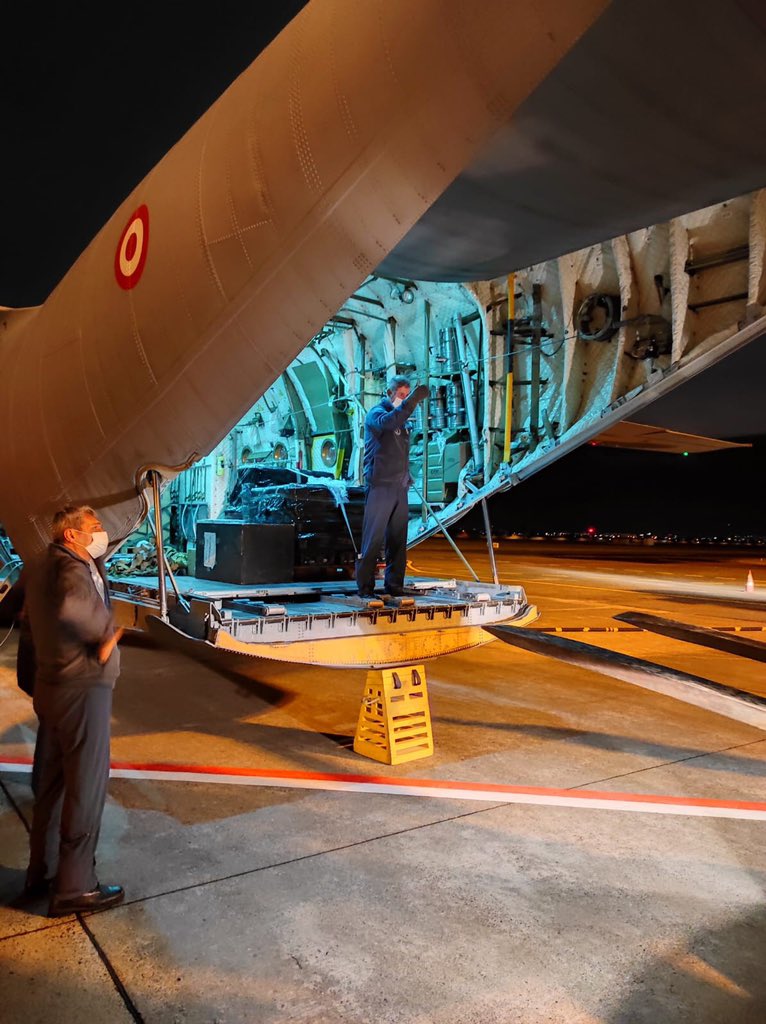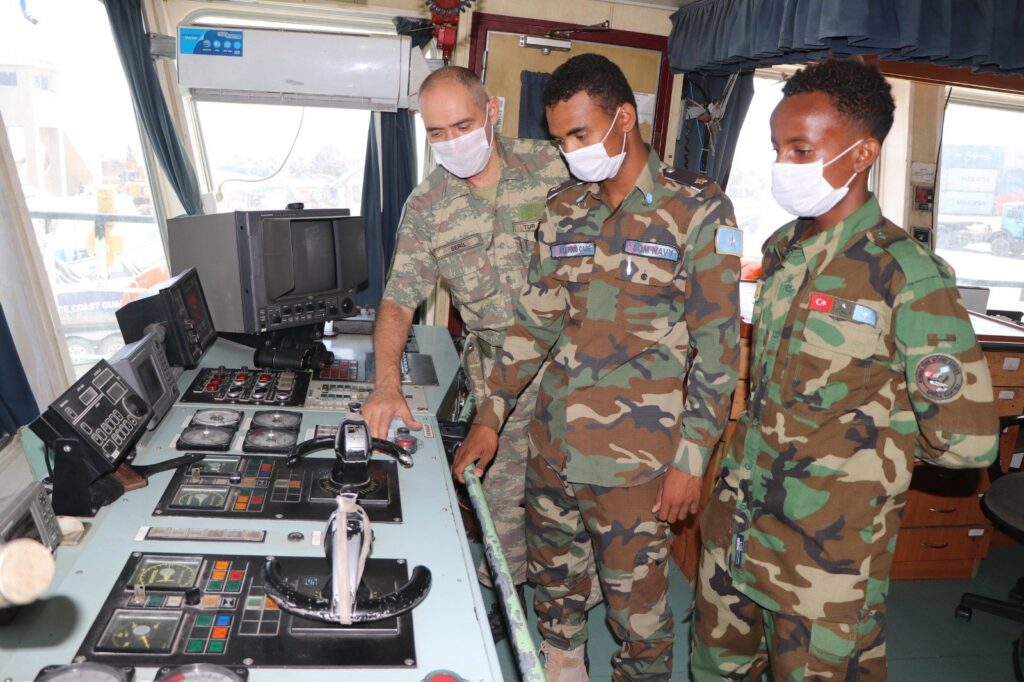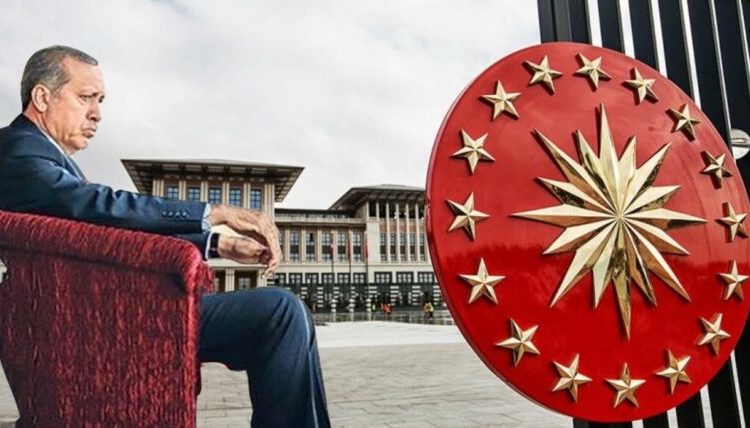Nordic Monitor
The Turkish government has boosted its foreign military aid and grants to third countries amid the long-awaited US sanctions that might create problems for multibillion-dollar Turkish defense industry projects.
The government has intensified these activities to show that the US move will not affect its emerging defense industry or cause problems for the Turkish military’s operations and exercises abroad.
On December 14, the United States imposed sanctions on Turkey in response to its acquisition of the Russian S-400 Air and Missile Defense System from Rosoboronexport (ROE), Russia’s defense export agency. The US sanctions, which were issued under Section 231 of the Countering America’s Adversaries Through Sanctions Act (CAATSA), target Turkey’s Presidency of Defense Industries (Savunma Sanayii Başkanlığı, SSB) and certain of its principal officers.
A day after the US move SSB Chairman İsmail Demir, the most senior Turkish official sanctioned, said: “The development of the domestic industry will continue, perhaps even more quickly. In a sense, this [the sanctions] will serve as a flare and a warning.” The SSB is a public institution affiliated with the Presidency of the Republic of Turkey to manage the Turkish defense industry and related procurement.
The Afghan Embassy in Ankara issued a statement on December 14 announcing that Turkey has agreed to assist Afghanistan with 100 million Turkish lira (about $13 million) in military equipment for the Afghanistan National Defense and Security Forces over the next five years plus another $2 million for training.
Turkey delivered domestically produced modern infantry rifles and military uniforms to Albania on December 12. “As part of the agreement signed with Albania, Turkey granted its own domestically produced Modern Infantry Rifles, which successfully passed 42 NATO standards tests. Additionally, uniforms for the personnel of the Albanian Navy were delivered to authorities in Tirana,” the Turkish defense ministry tweeted about the delivery.

Turkish and Somali military personnel conducted maritime training on December 12-13, with Nekton boats that were given to the Somali Navy by the Turkish government. “The training was held on the Hacı Aziz … which is operated by a Turkish firm and is serving in the port of Mogadishu,” the Turkish defense ministry stressed in its announcement.
Turkish and Qatari troops recently conducted a joint military exercise, the Turkish defense ministry said in a statement on December 15. “The Qatari-Turkish Combined Joint Task Force Command conducted the ‘Joint Commando Unit Combating Terrorists in Residential Areas’ exercise with the Qatar Special Forces Command,” stated the ministry on December 16.

In his first public comments on the US sanctions, President Recep Tayyip Erdoğan said problems stemming from the sanctions would be overcome and vowed to ramp up efforts towards an independent defense industry while criticizing Washington for punishing a NATO ally. “The real goal is to block the advances our country has recently made in the defense industry and to once again render us absolutely dependent on them [the US],” he said.
In addition to Demir, the US Treasury’s Office of Foreign Assets Control (OFAC) has also added several SSB officials, including Vice President Faruk Yiğit, head of the air defense department Serhat Gençoğlu and Mustafa Alper Deniz, space and program manager for regional air defense systems, to its “Specially Designated Nationals and Blocked Persons List.”
The penalties freeze any assets the four officials may have in US jurisdictions and bar their entry into the US. They also include a ban on most export licenses and authorizations to the agency.
“Today’s action sends a clear signal that the United States will fully implement CAATSA Section 231 and will not tolerate significant transactions with Russia’s defense and intelligence sectors. I also urge Turkey to resolve the S-400 problem immediately in coordination with the United States,” US Secretary of State Mike Pompeo said about the CAATSA sanctions.
The US had previously removed Turkey from its F-35 stealth jet program, saying their use alongside the Russian technology would jeopardize the safety of the fighter jets. Washington also says the Russian system wouldn’t be interoperable with NATO systems.
Turkey claims there is no risk to NATO systems because they would not be integrated into defense strategies involving the S-400s while pointing out that NATO member Greece also has the Russian missiles.












